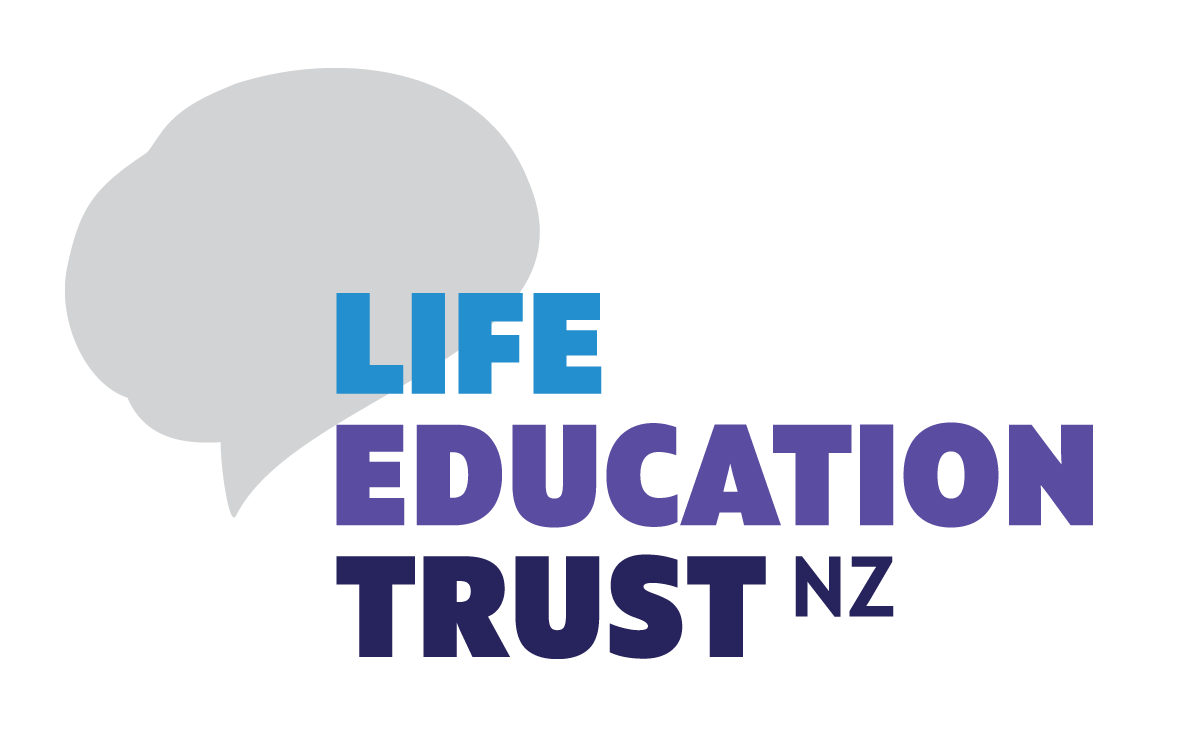How are you seeing anxiety show up among our young people?

How are you seeing anxiety show up among our young people? Most days I hear it’s on the rise among today’s students. It’s concerning us as health educators, and as parents. The drivers are complex and the consequences are significant. That’s why we’ve worked so hard to respond with support that can help.
School leaders and teachers at Life Education Trust are constantly looking for what’s behind the worrying trend of increasing anxiety. People blame social media, busy parents, the ever-changing world, and students whose resilience is spent and emotions can’t be regulated. Everyone agrees that whatever the cause is, an outcome growing disruption in classrooms.
We hear that student behaviour is increasingly challenging for teachers to manage. Teachers are seeing young people who are disruptive and angry; it’s getting in the way of learning. In the past, resources could help support the one or two disruptive students. Now, there are more like six or seven kinds with behavioural issues and the resources are too stretched. Teachers feel like they’re left to deal with it however they can.
One year nine Dean told me he’s seeing an increase of confrontations and fights on school mornings because of things happening online in prior evenings. These days, the influence and contact with peers doesn’t end when the school day finishes; it continues online.
A whole generation has grown up with social media being the norm to engage and we’re seeing a desensitised view of each other as individuals– in part no doubt playing out as we saw recently through the Christchurch Girls High news of sexual harassment experiences.
Digital devices mean children today are seeing the most catastrophic global events unfold as they happen. But, they don’t have the same ability to process this information as an adult. It’s a far cry from our own childhoods.
A couple of decades ago, children could only get this information through newspapers or brief TV news stories watched with parents.
Our ongoing research at Life Education Trust includes a monthly survey of school leaders. Towards the end of last year we saw increasing concern on the issue of anxiety. Over 86% of school leaders saw anxiety as an issue. Now, it’s 90%. In response, we created our Healthy Minds initiative in partnership with Anxiety NZ.
Healthy Minds is now our most requested teaching. Through term 3 we’re furthering our offering in this space, for teachers. We recognise that teachers are often the first port of call for families who are concerned about their child’s emotional wellbeing or behaviour. The teacher-focused professional development offer insights into childhood anxiety and strategies to support anxious children.
Education in this area is an important part of the solution, but we all have a role to play. Together we can set boundaries that protect our children from being overwhelmed. Providing breaks from the constant onslaught of information is essential. We can also empower them to determine how they engage with social media.
As parents, we want to protect our children. When we see our kids having difficulty we’re sometimes too quick to jump in and help. Unfortunately, If children can constantly avoid challenging situations, or are protected from them, they may build more fear or anxiety about them. As long as they’re safe, letting children persevere helps to develop their problem solving skills and resilience.
As parents, we can take care in what we model. Children’s development is affected when their parents are constantly on devices or screens. Experts such as Dr Emma Woodward say that when screens lower the quality of engagement with children, parents are less emotionally tuned in to their child. A distant parent can mean a child to becomes more anxious.
My team has talked with Anjie Webster from Generation Online about the problem with kids being exposed to content that is not age appropriate. That can cause great emotional harm. As she says, “You can’t un-see something.” And kids just don’t have the life experience to know what will make them feel good or bad. Instead, they’re naturally curious – they always have FOMO – Fear of Missing Out.
We can empower our kids simply by helping them to notice, name and understand anxiety as an emotion. Then, we can share tools to help them cope. It may mean recognising when avoidance makes things worse, and how to build resilience through persistence.
Persistence is something we must all demonstrate when we’re supporting our tamariki and rangatahi. I know my team will keep looking for new solutions and bringing in the best expertise we can – just like that that from Anxiety NZ. After all, we’ve been doing that for 33 years at Life Education. But as parents, it’s more personal and we have to learn on the job. Keeping connected and making the most of every bit of support available is how we can make a difference.
John O’Connell
Chief Executive | Life Education Trust
